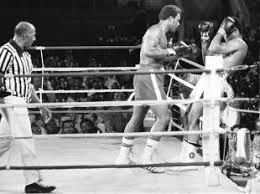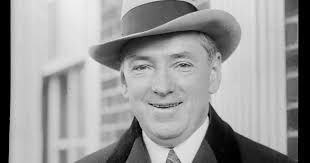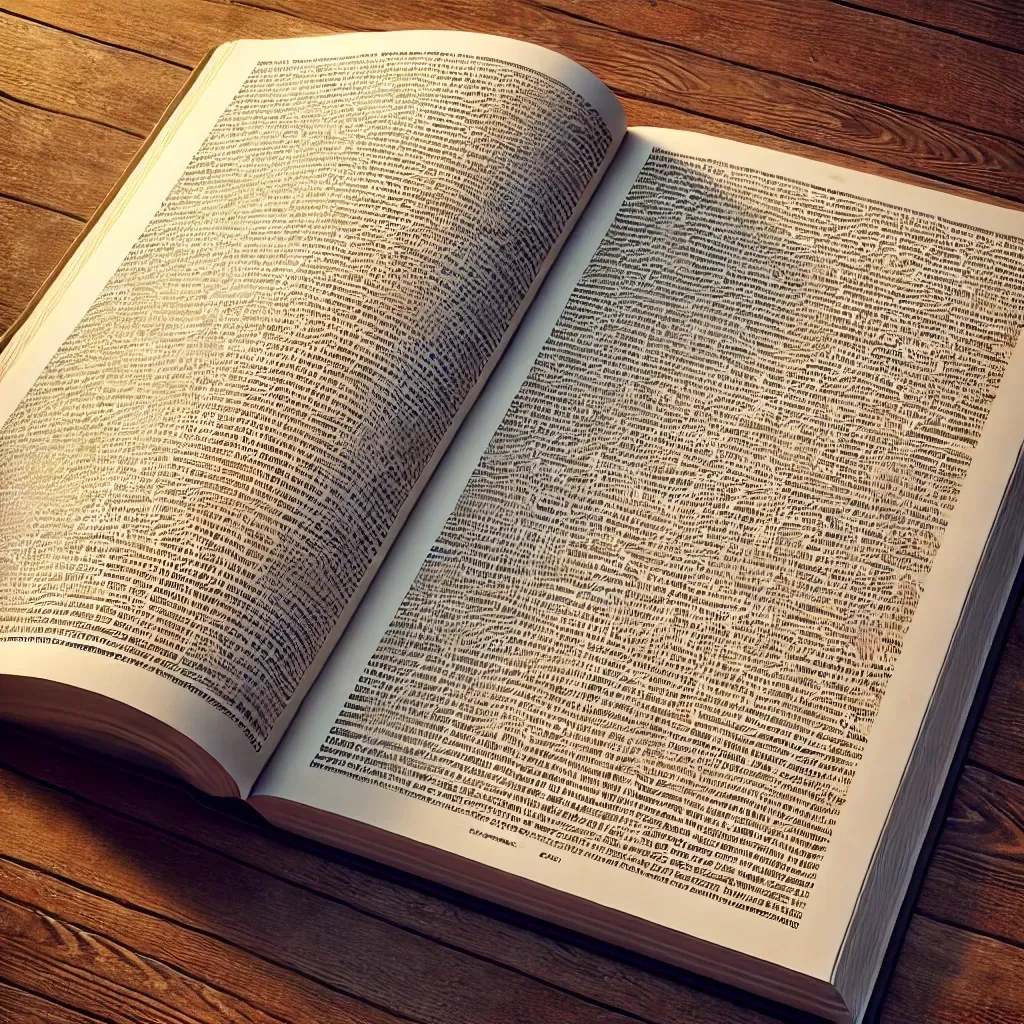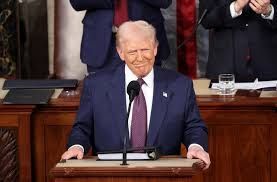Nib #65 Be a One-Eyed Writing King
Unless you spend hours every week reading young Americans’ writing, it’s impossible to understand just how bad it has gotten. That’s the takeaway from two short, damning essays published earlier this week.
First, there is “We Need to Do Something About Student Writing,” by Liza Libes. Libes is an educational consultant who coaches high school seniors on their college applications and essays. She puts the point bluntly enough:
“over the past several years, I have noticed an alarming trend amongst my seventeen-year-olds: no one knows how to write anymore.”
The second essay, by a college professor who writes under the pseudonym Hilarius Bookbinder, is even less delicate: “The Average College Student Is Illiterate.”
Bookbinder describes his students’ writing submissions as either awful — “Spelling is atrocious, grammar is random, and the correct use of apostrophes is cause for celebration.” — or otherwise obviously produced by AI.
For the purposes this Nib, what matters here is not who to blame for young Americans’ inability to write, or how to fix the problem. What matters is simply the opportunity it offers to any student or young professional who sincerely sets out to improve his or her writing.
Teens and 20-somethings today do not have to become great writers to stand out anymore. They don’t even have to be very good. Producing merely competent, coherent, consistent prose will make them comparative Shakespeares and Hemingways and Austens among their peers.
Let the old lament this state of affairs; the young should exploit it! Take the time, take the care. Read good writing, and hone your own. Anyone can do it, and the few who try will be rewarded for it. In a generation of blind “illiterates,” even one-eyed writers will be kings.
Until next week… keep writing!


All Rights Reserved 2024 Inkling Communications | Privacy Policy
Website Designed By Royals Advertising









